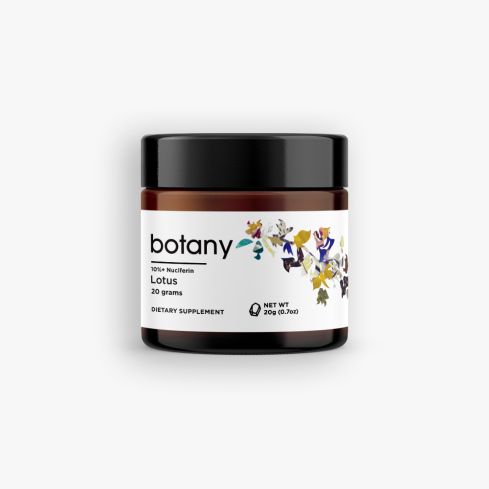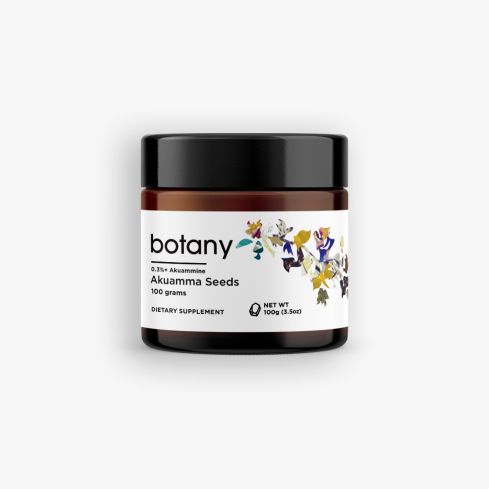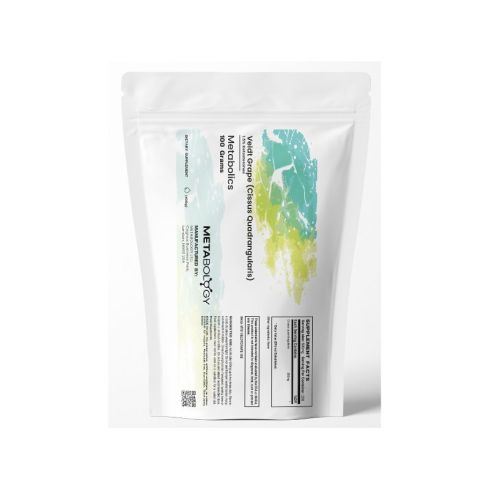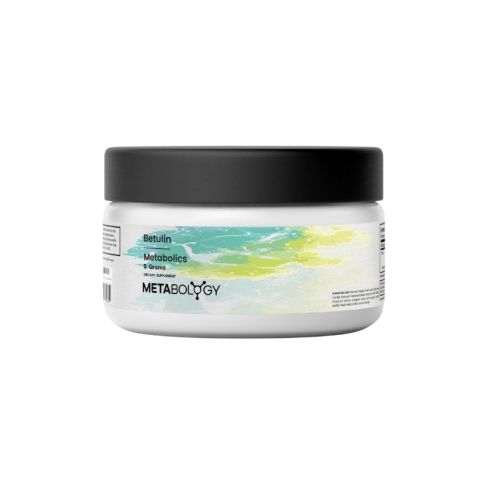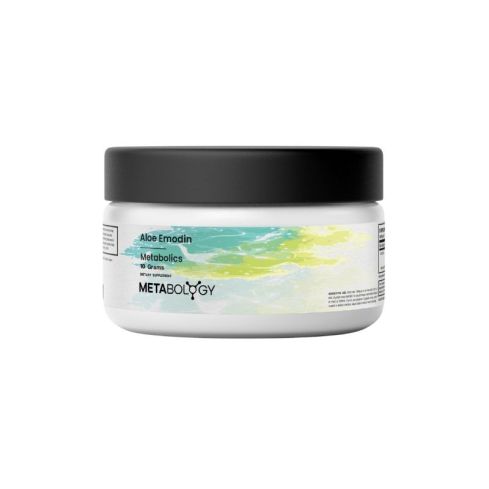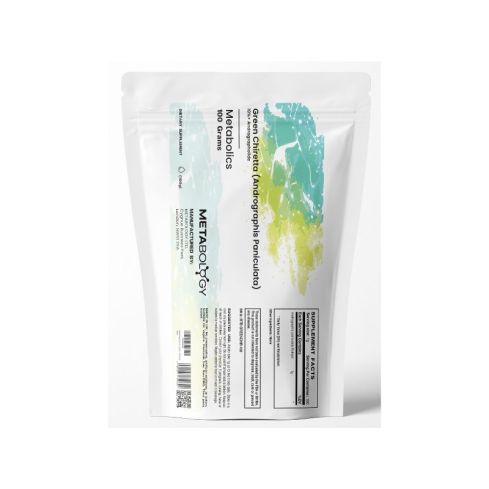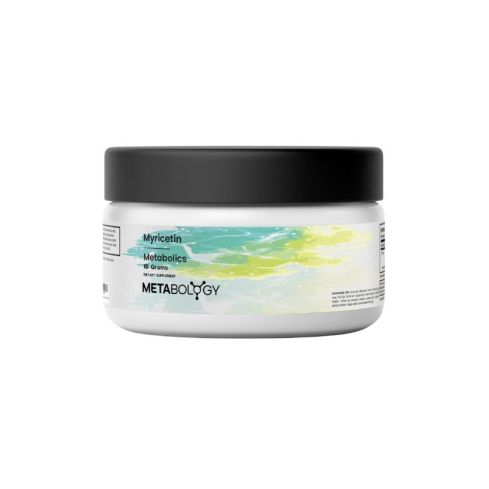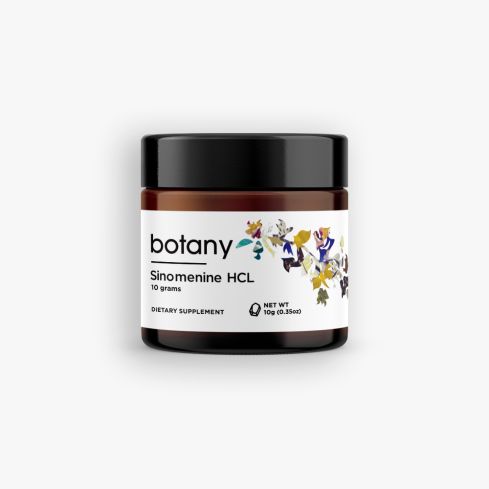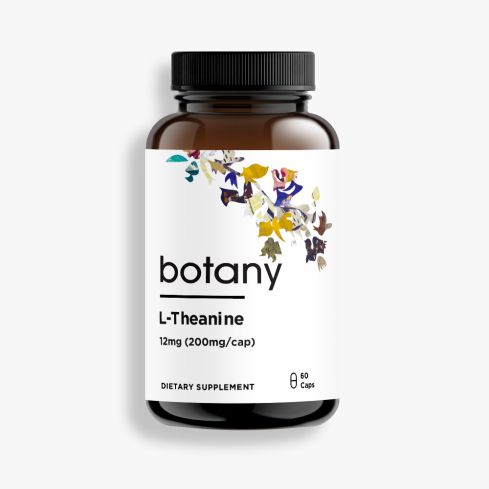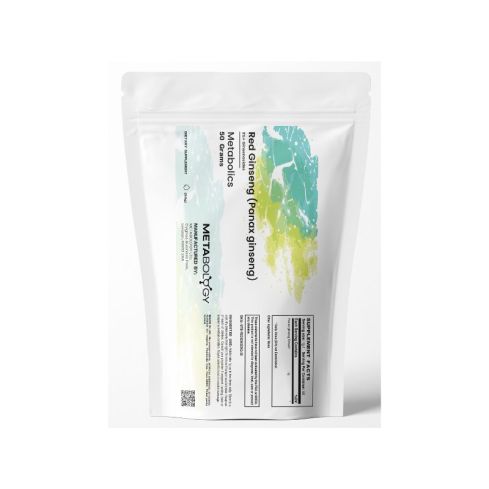Palmitoylethanolamide (PEA) - Powder, 50g
Palmitoylethanolamide or PEA is an endogenous fatty acid amide produced in our body, and in animals and plants and is known to possess neuroprotective, anti-inflammatory, anti-nociceptive (antipain) and anti-convulsant properties.
Palmitoylethanolamide or PEA is an endogenous fatty acid amide, belonging to a class of nuclear factor agonists. PEA inhibits FAAH, the enzyme that breaks down cannabinoids, thus activating peroxisome proliferator activated receptors (PPAR) in cell nuclei of both dorsal root ganglion sensory neurons and glial cells. It has been demonstrated to bind to a receptor in the cell-nucleus and exerts a great variety of biological functions related to chronic pain and inflammation.
What is Palmitoylethanolamide (PEA)?
Palmitoylethanolamide or PEA is an endogenous fatty acid amide, belonging to a class of nuclear factor agonists. PEA inhibits FAAH, the enzyme that breaks down cannabinoids, thus activating peroxisome proliferator activated receptors (PPAR) in cell nuclei of both dorsal root ganglion sensory neurons and glial cells. PEA has been demonstrated to bind to a receptor in the cell-nucleus and exerts a great variety of biological functions related to chronic pain and inflammation.
Palmitoylethanolamide (PEA) Benefits and Uses
Studies have shown that Palmitoylethanolamide may support the following processes:
- May possess analgesic properties
- Anti-inflammatory effects
- Supports a healthy metabolism
- Promotes neuroprotection
Additional Information on Palmitoylethanolamide (PEA)
PEA is produced in the body naturally, but many animals and plants are also found to produce PEA. The highest amounts can be found in soy lecithin, soybeans, egg yolk, peanuts, and alfalfa. It is synthesized and metabolized in animal cells via a number of enzymes and exerts a multitude of physiological functions related to metabolic homeostasis. Research on PEA has been conducted for more than 50 years, and over 350 papers are referenced in PubMed describing the physiological properties of this endogenous modulator and its pharmacological and therapeutic profile. The major focus of PEA research, since the work of the Nobel laureate Levi-Montalcini in 1993, has been neuropathic pain states and mast cell related disorders. PEA has been proven to have analgesic and anti-inflammatory activity and has been used in several controlled studies focused on the management of chronic pain among adult patients with different underlying clinical conditions.
Where to Buy Palmitoylethanolamide (PEA)?
Metabology offers high-quality Palmitoylethanolamide in quantities of 50g. Our Palmitoylethanolamide has been lab-tested and verified for both product purity and identity.
For Best Results:
- Take 1000mg orally once a day.
- Sensitive to flavors? Feel free to mix your powder into your favorite food or drink.
- Store in a cool, dry place away from light.
- A 50 gram jar contains 50x 1000mg servings.
- We recommend using a milligram scale to accurately measure dosages.
One Serving (1000mg) Contains:
- Palmitoylethanolamide (PEA) 1000mg
- Other Ingredients: none
- No artificial colors, preservatives, or additives.
ALLERGY WARNING
This product is contraindicated in an individual with a history of hypersensitivity to any of its ingredients.
MEDICAL/PREGNANCY WARNING
Consult your physician if pregnant, nursing, have or suspect a medical condition.
TAMPER WARNING
Do not use if tamper seal is broken.



